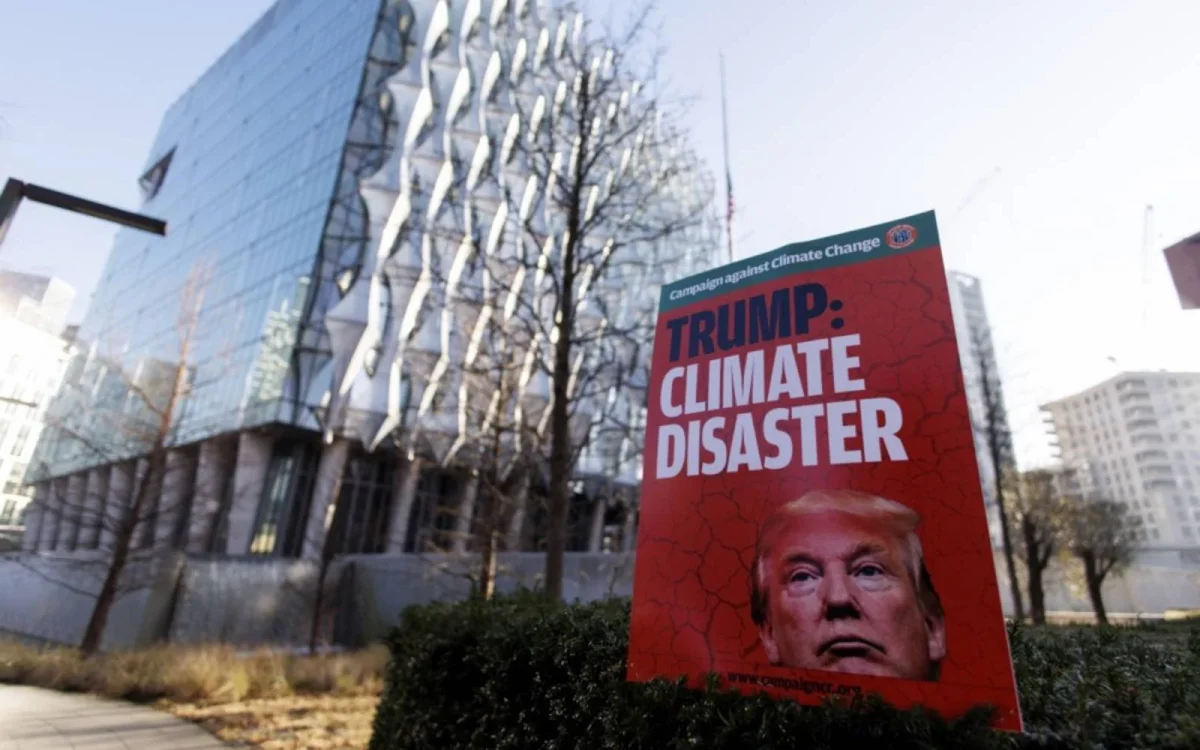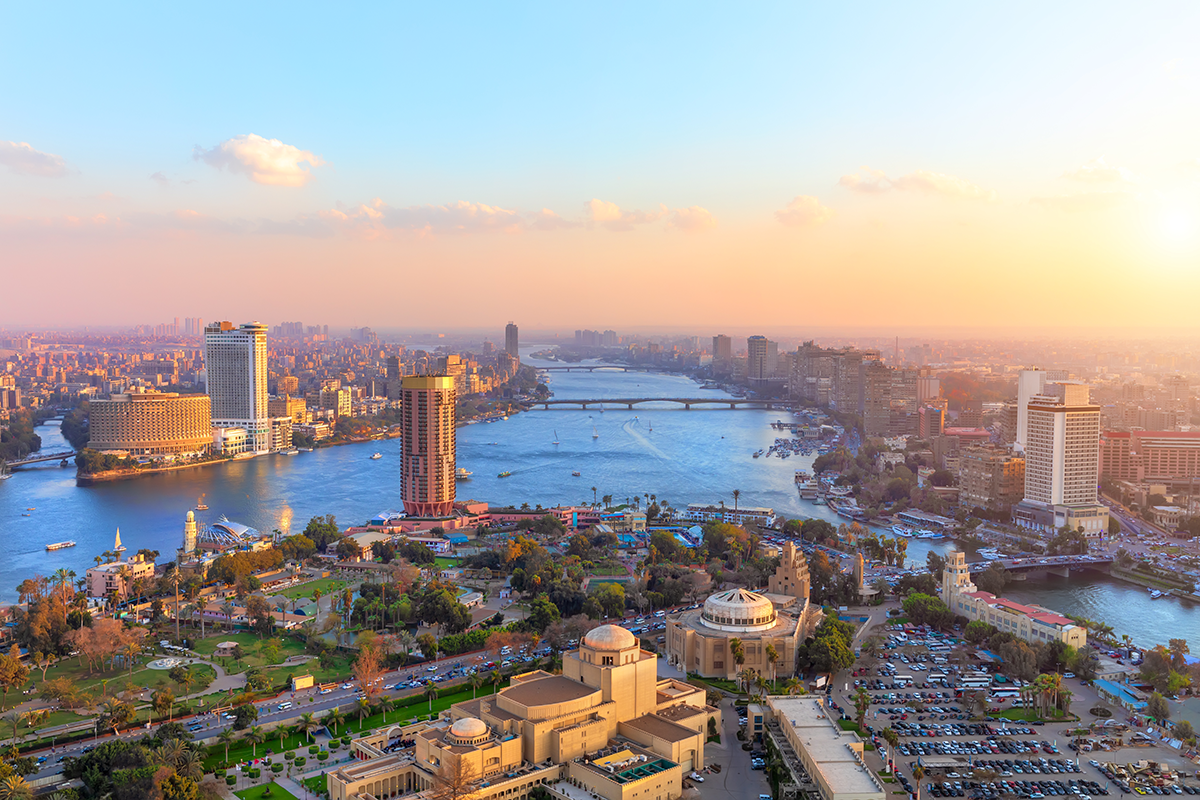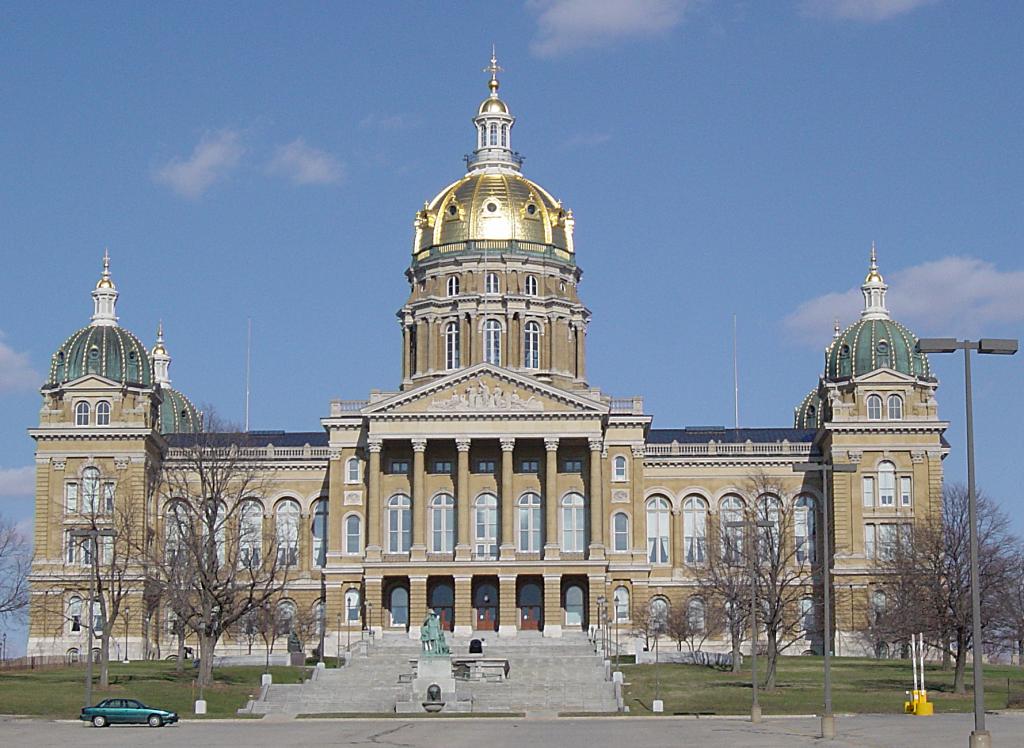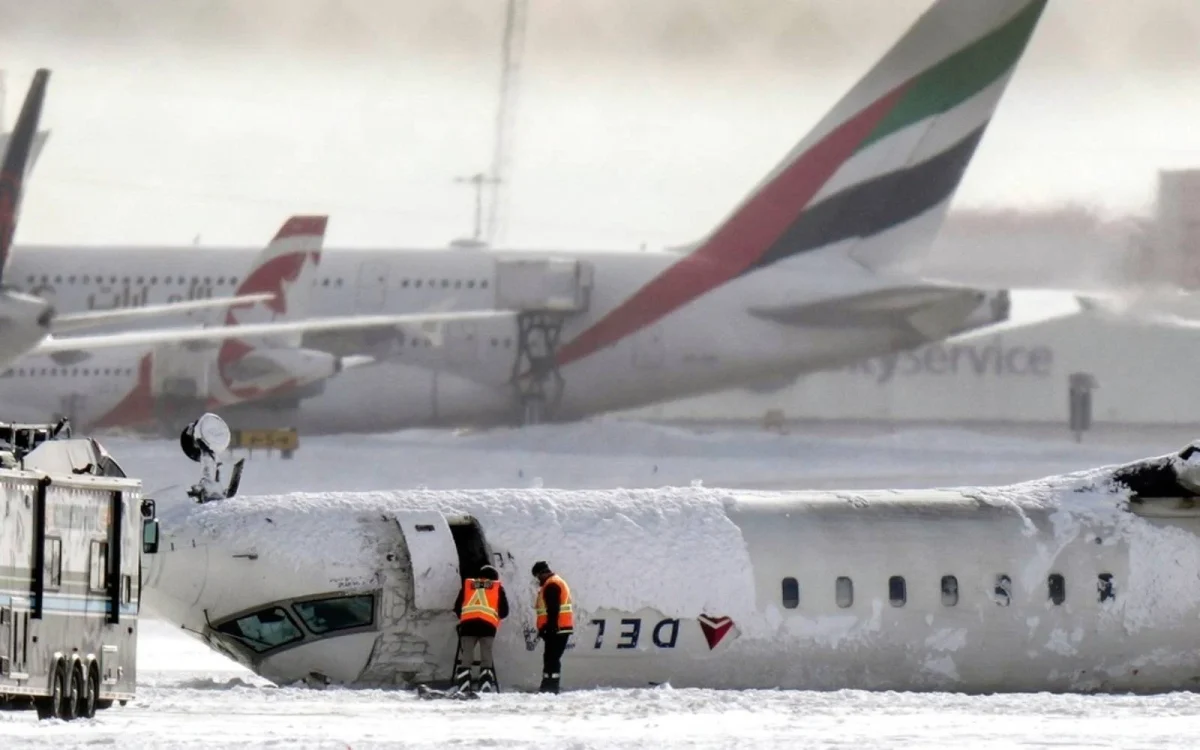Part of what makes America beautiful is its diverse landscapes and ecosystems. Here, one can travel anywhere within the country’s bounds to enjoy sprawling plains, lush rainforests, arid deserts, or towering mountains. The beauty of this land is beyond breathtaking, so it’s completely logical that we should “drill, baby, drill” and soak the soil in liquid gold, right?
Unfortunately, that’s what President Trump thinks. But considering he believes climate change is a “hoax,” it’s not surprising that he wouldn’t consider the consequences his actions have on the environment. According to The White House website, the United States Ambassador to the United Nations immediately cut our country’s ties to the Paris Agreement, a legally binding contract requiring all nations involved to follow long-term goals to reduce greenhouse gas emissions and, in turn, the rising global temperatures. Overall, the Paris Agreement works to keep the global temperature below pre-industry temps by 2 degrees Celsius. According to Climate.gov, in 2024, the global temperature rose by 1.29 degrees Celsius (2.32 degrees Fahrenheit). This made 2024 the hottest year on record since 1850. Now that we are no longer a part of that agreement, we (meaning the government) are no longer obligated to put forth effort to reduce the impact of climate change, whether those efforts are financial or otherwise. According to a 2019 report from the U.S. Department of State, Trump had withdrawn from the Paris Agreement during his first presidency, claiming that the agreement put unnecessary pressure on our economy. Now, during his second term, he’s doing it again and taking things to a new level.
Just recently, Trump fired 1,000 National Park Service employees. According to an AP News article written in February, the firings were a result of “what has been a chaotic rollout of an aggressive program to eliminate thousands of federal jobs… a Trump administration effort to slash federal spending.” Apparently, paying people to care for and maintain the parks that millions of people visit each year is costing us too much money. Now, some parks face potential facility closings, decreased tourism, fewer opportunities to educate the public, and the general loss of a job that people are passionate about. The hotels, restaurants, and other businesses around the parks will suffer without tourists coming to utilize them and, therefore, hurt the economy. It may seem cold-hearted and odd that he would target national parks, but ruining people’s lives is a small price to pay for his plan to exploit the natural resources that the United States has to offer.
Trump has a really hard time relying on other countries for resources that we’ve been importing for centuries. According to the Center for American Progress, to increase oil drilling and decrease energy costs in the United States, Trump has reportedly signed many executive orders that “included actions to remove protections against offshore drilling, block wind energy development, send even more fuel abroad, and put oil and gas development before reasonable safeguards, such as those for clean water.” It appears that he was met with no pushback from Congress, either. They are planning to fully support Trump’s massacre of our public lands, including the oceans surrounding the U.S. This all came about after Trump declared an “energy emergency.” It’s a well-known fact that oil and gas have the potential to devastate the environment around drilling sites, but what if we added unrestricted logging to the mix?
Not only is Trump planning on decreasing our reliance on other countries for oil, but he is also planning on increasing logging to open up job opportunities and reduce wildfire risks. Yes, it’s awesome that he is providing Americans with work, but Trump’s executive order to increase logging by 31% won’t have the effect he’s going for. In an article published by USA Today, Chad Hanson (co-founder of the John Muir Project) stated, “The more trees you remove, the faster wildfire flames sweep through the forest. It gives less time for people to evacuate and less time for first responders to react.” There is evidence that shows that deforestation causes worse wildfires. And job creation? Let’s look at this claim logically. According to the U.S. Department of Labor, logging is the most dangerous occupation in the United States. Not to mention, it takes training. One cannot just decide to pick up a chainsaw one day and walk into a logging company to begin work. The U.S. Bureau of Labor Statistics states that training can take up to a year. It also comes down to appeal. Not everyone is going to look at a career in logging and say, “Yup, that’s what I want to do with my life.”
So, we learned that logging doesn’t decrease the risk of wildfires, and it might open up a few jobs for Americans, but what else does deforestation cause? Habitat destruction. Trump doesn’t appear to have any qualms about jeopardizing our nation’s wildlife. His statement on the White House website reads as follows: “Our inability to fully exploit our domestic timber supply has impeded the creation of jobs and prosperity, contributed to wildfire disasters, degraded fish and wildlife habitats, increased the cost of construction and energy, and threatened our economic security.” He’s basically saying that the lack of jobs, increased wildfires, degraded habitats, increases in construction and energy costs, and our insecure economy are caused by not cutting down more trees in the United States. Habitat degradation is 100% not a result of leaving the forests alone, as our president so eloquently stated, and it doesn’t take a genius to realize that. Deforestation is one of the leading causes of population decay and leads to less biodiversity in ecosystems.
Not everything that Trump says is true. Many of his statements can easily be proven wrong. It takes a short, simple Google search (using a reliable news source) to learn the facts covered in this article, and it’s concerning that our own President doesn’t appear to do his research before rushing to make conclusive decisions that will impact everyone involved. But, alas, that’s too much to ask for.





















